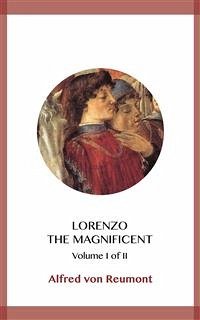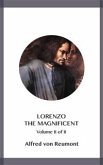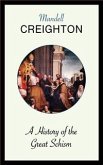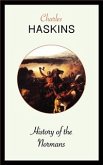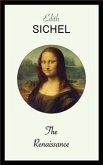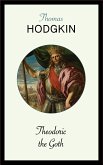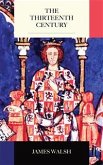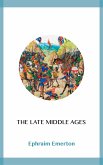The second half of the fifteenth century exhibits, in the development of the Renaissance in Italy, the singular spectacle of a transformation of the modern world under the influence of ancient classical culture in conjunction with the opening out of a new intellectual horizon. In a state the importance of which cannot be measured by its circumference or material strength, we see a struggle between form and spirit among a community that had stood there alone from the Middle Ages. This struggle was the exciting cause of a new growth, of the production of fresh branches and new foliage on a tree that had become incurably rotten and hollow. The Christian world has only once taken up a position like this in the fruitful interpenetration and transmutation of real and ideal elements. It shows us a man, the product and consummation of these circumstances and conditions, at once the child and the pioneer of his age, an age which was filled with the most joyous and elevated existence both in material and spiritual things. A man like him could only be born and grow up under such circumstances, in the ferment and strife of events and of the moral forces of the time. Family and civic influence as well as the temper of the people and of the century contributed to this result. A justly popular life of Lorenzo [by Roscoe] was written when the knowledge of Italian history was limited and its sources confused and difficult of access. If a similar attempt is now made eighty years later, it is under altered circumstances and with expectations greatly enhanced. The supply of original materials, then very small, however skilfully arranged, has increased in our day to a degree almost beyond management. At that period the insight of the historian, not informed as to the internal politics of Florence, reached no great depth below the dazzling surface of Lorenzo’s magnificence. At the present day deep places are exposed to view which had been kept only too dark. A flood of light envelops the personality of the man who was distinguished by so many things that charm and attract. If the sum-total of his history conveys a graver impression and comes upon us with a feeling of pain, our interest in it is scarcely less keen because of the obstacles through which this brilliant spirit made its own way, or of the entanglements and dangers against which he had to struggle. Should I succeed in describing truthfully him and the surroundings from which he was never separated and without which it is difficult to imagine him, I shall have completed a thank-offering due for a past full of varied enjoyment and for many friendly aids, received during the preparation and composition of this book from the countrymen of Lorenzo de’ Medici.
Bitte wählen Sie Ihr Anliegen aus.
Rechnungen
Retourenschein anfordern
Bestellstatus
Storno

